Most modern boilers have a pressure gauge, so it’s easy to spot if your boiler is losing pressure.
That said, it isn’t always easy to find out why it is happening. There can be many reasons for a boiler losing pressure; here we look at the main culprits.
A lot of heating systems today are complex and overly difficult for most homeowners to understand. It may not be necessary to call a plumber or heating engineer though – and the two biggest failure points probably account for about 80% of boiler breakdowns.
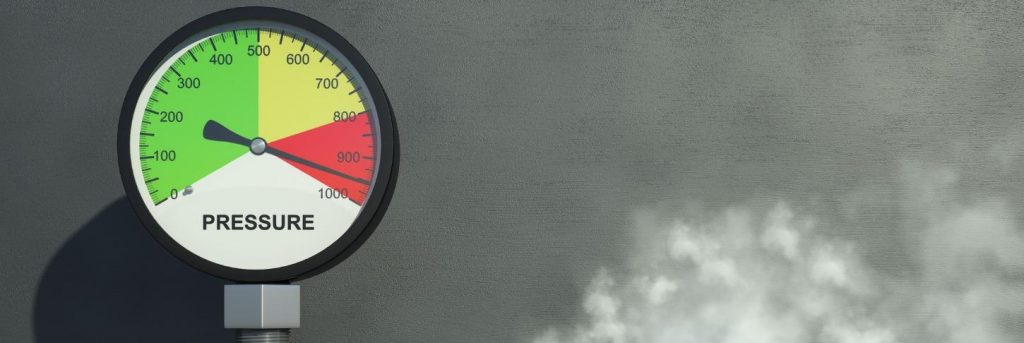
The two most common causesof boiler failure are:
- Water escaping into the system; or
- Failure of the expansion valve.
To find out more about both of these and to help you fix your boiler yourself – or to help you to decide if you need to arrange boiler cover, here is a further clarification on each point:
Water leaks causing pressure loss
Although this is the most common cause of boiler breakdown according to our own research, it is sadly one of the more complex problems to identify.
If you are already experiencing boiler issues then why not compare boiler insurance and cover prices first? It’s completely free and only takes 20 seconds.
Most houses have concealed / hidden pipework and therefore visual inspections become difficult. For example, you may find that oyur pipes are buried into the floor or behind cupboards. The costs and time involved in identifying the problem can mount up, so be aware.
Even if you aren’t able to pinpoint the leak, it’s critical that you (or a professional) do locate them ASAP. Don’t put it off. If you don’t, then water damage can occur: water damage creates long-term problems like rot, damp and mould to name a few! The longer you wait, the higher the costs of repair are likely to be. And components like the pressure relief valve can become damaged.
There is some good news however, most water leaks occur at joints and fixtures, so check the areas nearest the radiator. The main culprit is usually at the point where the pipes meet the radiator valve; these can be easily knocked.
Naturally, if a pet or child has knocked the radiator you aren’t going to know about it, until it starts to leak. Nowadays modern radiators are wall-mounted and are rather large too: therefore increasing the risk of being knocked by accident.
Another cause of water leakage near the radiator valve… is the valve itself. Don’t overlook it! Make sure to understand how to check your radiator valves for leaks.
What to do if you’ve found a leak
The first step is realising that there is a leak in the first place. It is sadly not the case that a water leak is easy to spot: if it’s within a cupboard, it could be leaking for months before anyone notices.
If you think there is a leak in the system, then examine your radiators. Specifically, as mentioned above, the point at which the pipes connect to the radiator. If you’re unsure then stick a tray or dry towel underneath the radiator, and leave it for a few hours.
Come back to the tray or towel and see if either is wet. To be sure, it’s best to wait at least 6 hours, because some leaks are ‘slow leaks’ and it’s not always possible to see the drips falling down (unless you are very patient!).
Other factors to consider
If there’s flaking or bubbling of paint (see photo below), around your skirting boards or on the pipe itself, then you may have a leak. Other factors to look for are: rust marks, bulging, or swelling, and of course water leak stains on the ceiling above.
I’ve included some photos of what each of these may look like:
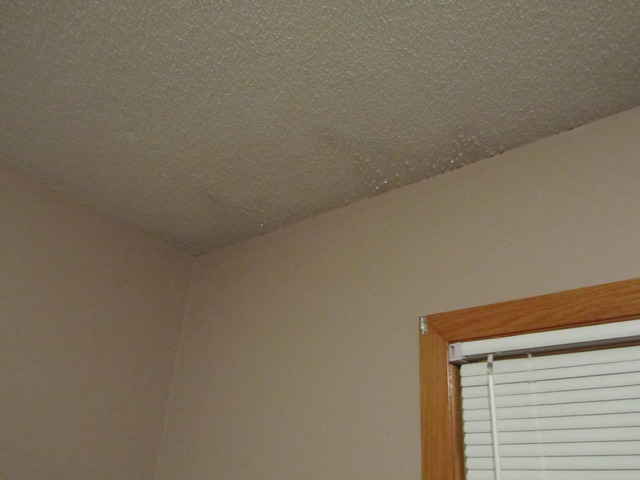
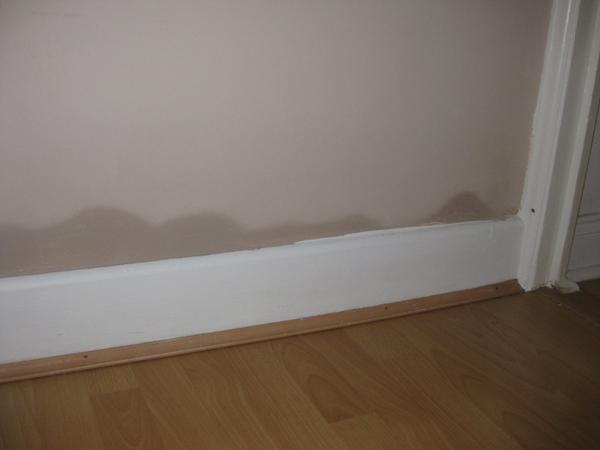
Boiler fault causing pressure loss
If you’re satisfied that the boiler is NOT losing pressure because of a leak in the system, then it’s time to focus on the actual boiler. In most cases, it is one of the two that creates pressure issues.
But how do you check a boiler yourself if you’re not qualified? The good news is, you can do some investigations yourself to save money and hopefully avoid calling a plumber out.
As long as you’re reasonably competent and willing to learn the basics, it’s actually quite a simple process.
First you need to identify what boiler type you have.
For the sake of keeping this article fairly short, I am going to assume you have a combi boiler. Most modern boilers are combi boilers, and nearly all of them use what’s known as a “filling loop” to maintain the boiler’s water pressure. The filling loop connects the boiler to your mains water supply.
Most modern boilers allow you to carefully regulate the amount of water entering into the boiler; all you need to do is adjust the filling loop.
A filling loop is this metal pipe thing, which you have probably seen many times and never give a second thought to!
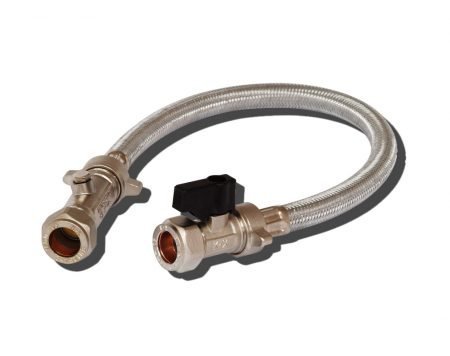
FAQs
Do I need to re-pressurise my boiler?
First, check to see if you’ve still got the boiler’s instruction manual. You need to find the ‘safety’ section – usually at the start of the manual – and ascertain if it’s safe to re-pressurise the boiler.
The process to re-pressurise a boiler I have written about here in great detail.
What if I still experience pressure loss?
If after following all of the above, you still have boiler or water pressure issues, then there is likely a fault with another of the boiler’s inner components. To fix that, you will need a heating engineer or plumber. If you don’t have the problem rectified, it could end up costing you a lot more in the long run.
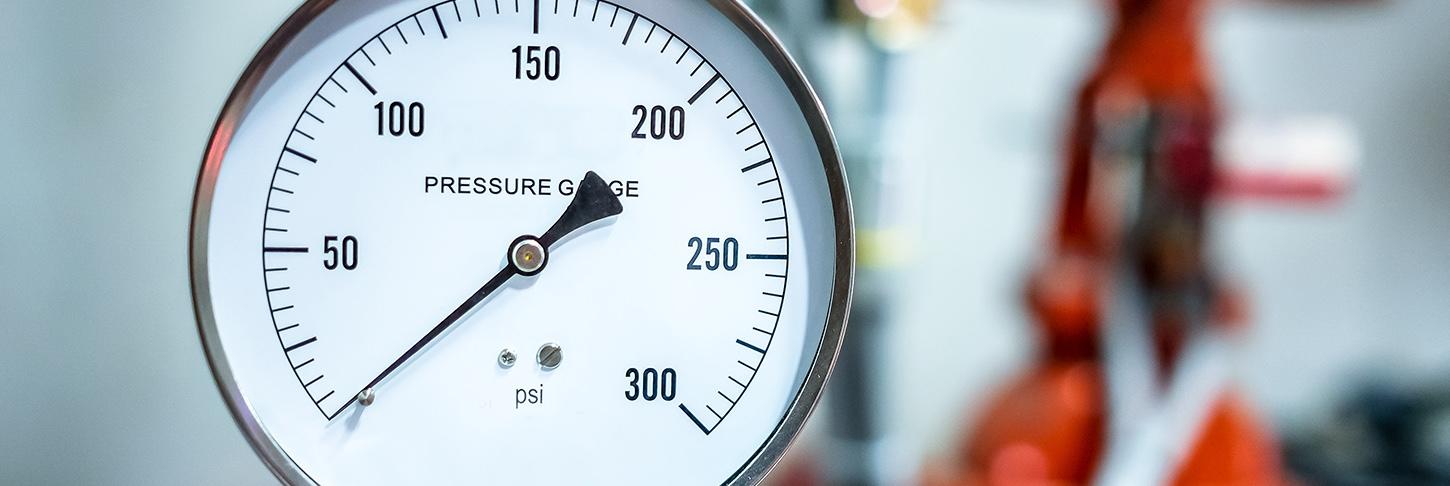
One reply on “What do I do if my boiler starts losing pressure?”
[…] your boiler is losing pressure, then that may be a different […]